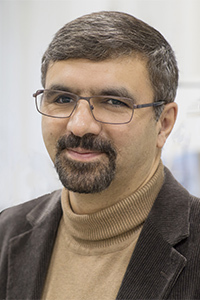SynoProtein - Carbon capture from syngas to Single Cell Protein (SCP) and use as fish feed ingredient
Start date: 2023-09-01
End date: 2028-02-29
The consortium has developed an innovative process for the vertical integration of by-products from sawmill industry, i.e. feedstocks comprising only residues (no sawlogs), and conversion into fish feed ingredients, i.e. single cell protein (SCP), along with the production of biochar for animal feed.
Thus, our process can provide novel, sustainable protein sources, as opposed to conventional energy- and climate-intensive soybean and resource-limited wild fish protein production routes to meet future demands.
SynoProtein will demonstrate that 1.25 tons (t) of CO2-e can be captured from syngas via CCU for each dry-ton sawmill by-products processed. This clearly makes our SynoProtein innovation unique and is why it will introduce a green paradigm shift for the recycling and commercialisation of low-value by-products feedstocks into high-value bio-products.
This project joins together a balanced consortium of 11 partners, covering the whole SynoProtein value chain, from industry, academia, and research institutes, which spread to 4 different European countries (Norway, Denmark, Sweden, and Germany), but with worldwide operation with their sister companies.
Overall, we expect carbon capture of 200kt of CO2-e from syngas annually with our process by 2033, recovering 160kt/year of forest residues and producing 120kt/year of fish/animal feed for industry, valued at €175m. This also represents 260 jobs created in EU and reduced 120kt per year imported feed ingredient from other continents.
Compared to fish feed production from soybeans, our SynoProtein is also expected to save carbon emission of 458kt CO2-e, land use of 147km2, and water use of 630,700m3 by 2033. It fits strongly with the mission of the CBE JU “advancing a competitive bioeconomy for a sustainable future”.
As partner in the project the research group at the University of Borås will carry out syngas fermentation to fatty acids and contribute with technical development on the entire project.
Project Leader
Mohammad Taherzadeh
Professor
033-435 5908


